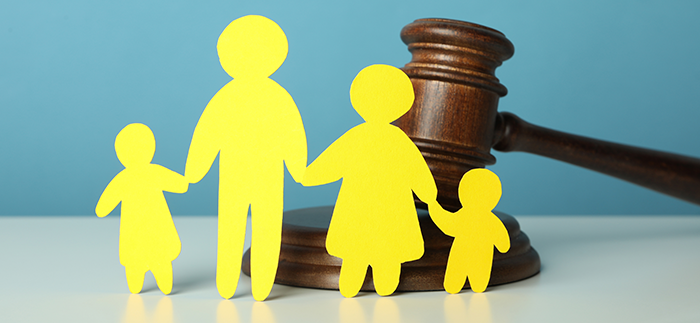The Difference Between Adult and Juvenile Court
The technicalities within the court systems can make understanding legal charges more challenging. If you know about juvenile and adult legal charges, however, you’ll have a better idea of what someone accused of a crime might face. If you live in the United States, you are considered a juvenile until you are eighteen. There are numerous legal differences between adults and juveniles, including terminology used when describing offenses and punishments.
In most US states, juveniles are treated differently under the law when they commit criminal acts.
Who Are Juvenile Offenders?
Offenders who commit serious crimes may be treated as adults, even if they are juveniles. For example, a juvenile who commits murder may be treated as an adult and sent into the adult criminal justice system.
In the United States, the defendant is not entitled to a jury trial during juvenile trials. Rather, one judge is the finder of fact at a trial. While this makes trials shorter, the juvenile and their lawyer do not benefit from a larger perspective of peers. The child is still considered innocent until proven guilty, but it only takes one individual to decide that guilt beyond a reasonable doubt.
What Are the Differences Between Juvenile and Adult Court?
One of the primary differences between juvenile and adult courts is how the convictions are prosecuted. In adult criminal courts, defendants who are found guilty are “convicted”; in juvenile courts, a child is adjudicated delinquent.
Further than conviction – state laws vary. Generally, juveniles and adults are treated differently in the court system beyond their sentencing. Juvenile offenses are heard under juvenile law, which differs from adult law in terminology and procedures.
Other differences include the distinction between an information and a petition: a information is filed in an adult criminal case, but a petition is filed in a juvenile offender case. Another is that an adult convicted of a crime receives a sentence as punishment, whereas a juvenile receives a disposition or outcome of their hearing.
As you can see, the difference in terminology between adult and juvenile courts indicates that juvenile offenders are often treated more leniently. Juveniles are given a chance to reform in the hopes that they will not continue criminal activities into adulthood and enter the adult criminal justice system.
This is because there is a strong inclination to rehabilitate juveniles instead of merely punishing them.
Should You Hire a Lawyer for Your Juvenile Delinquency Case?
It is always important to ensure that you are hiring an attorney specializing in juvenile delinquency cases. Ensure to contact a specialized juvenile attorney as soon as possible. Whether a defendant is tried as an adult or a juvenile, the consequences can be severe, and representation by an attorney will help you address them. We at Tampa Crime Attorneys would be more than willing to help you find the right legal representation for your case.


